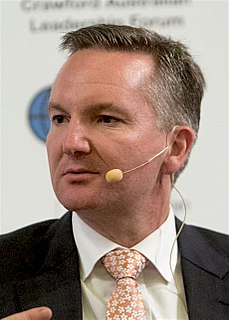A Quote by Peter Drucker
The next thing to be said about what long-range planning is not, is that it does not deal with future decisions. It deals with the futurity of present decisions. Decisions exist only in the present. The question that faces the long-range planner is not what we should do tomorrow.
Related Quotes
Strategic planning is the continuous process of making present entrepreneurial (risk-taking) decisions systematically and with the greatest knowledge of their futurity; organizing systematically the efforts needed to carry out these decisions; and measuring the results of these decisions against the expectations through organized, systematic feedback.
Many of life's decisions are hard. What kind of career should you pursue? Does your ailing mother need to be put in a nursing home? You and your spouse already have two kids; should you have a third?such decisions are hard for a number of reasons. For one the stakes are high. There's also a great deal of uncertainty involved. Above all, decisions like these are rare, which means you don't get much practice making them. You've probably gotten good at buying groceries, since you do it so often, but buying your first house is another thing entirely.
Yet our interests, the interests of the Russian Federation, include the normalisation of relations with Japan, which is not at the bottom of the agenda. The whole range of what will be proposed for a solution, the entire range of matters related to the normalisation of our relations and what that would bring after normalisation, this is the whole range of issues to be discussed and decided, and those decisions should be of a practical nature.
If we decide rightly what to do, or use a correct procedure for making such decisions, that has to be because the decisions or the procedure rest on good reasons, and these reasons consist in the apprehension of truths about what we ought to do. Because these truths must constitute reasons for our decisions, and because in the rational order, reasons must always precede the decisions based on them, the truth conditions of claims about what we ought to cannot be reduced to, or constructed out of, decisions about what to do, or procedures for making such decisions.
































